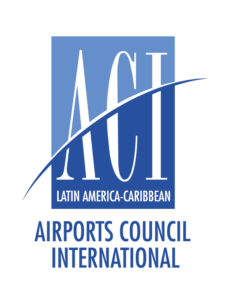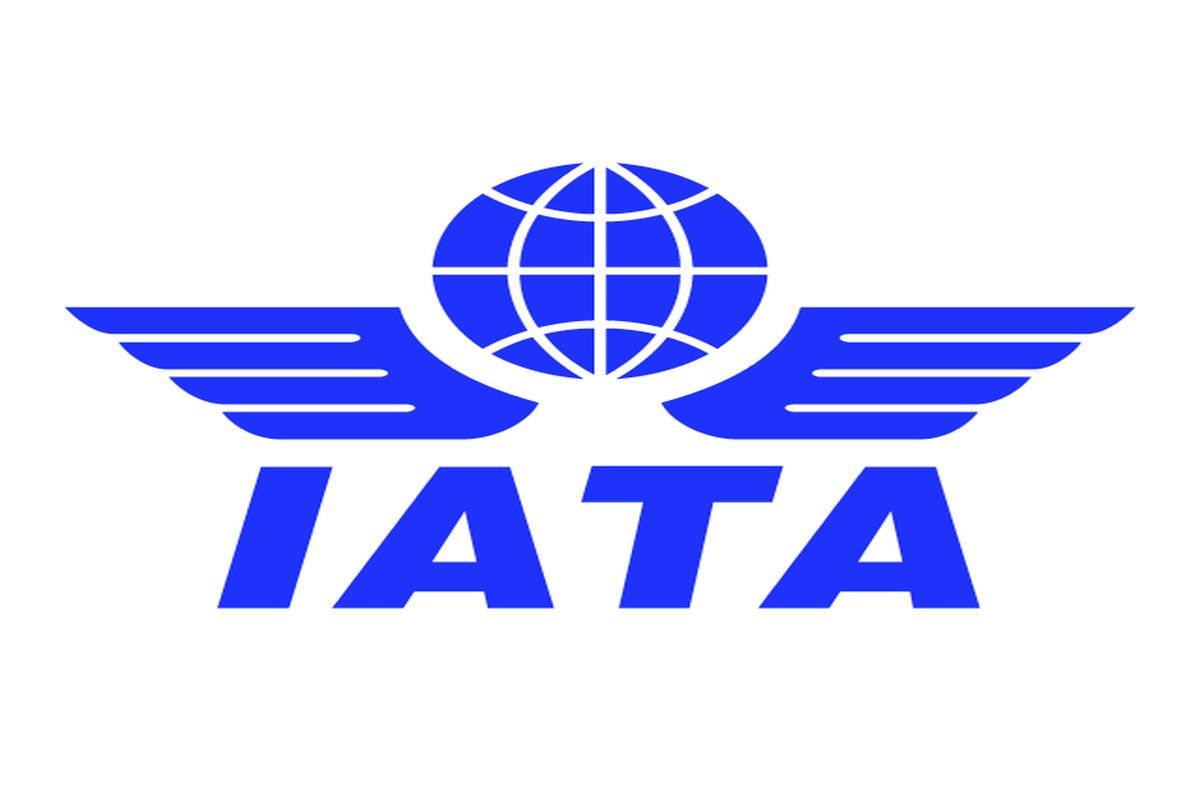Source: ACI-LAC
- The Airports Council International – Latin America and the Caribbean (ACI-LAC) and the International Air Transport Association (IATA) have successfully hosted the Aviation Day Argentina in Buenos Aires.
The International Air Transport Association (IATA) and the Airports Council International – Latin America and the Caribbean (ACI-LAC) successfully hosted the Aviation Day Argentina in Buenos Aires on 5 September 2024.
The event brought together more than 450 attendees from across the aviation industry, the tourism sector, other stakeholders in the value chain, along with national and provincial authorities, regulators, international organizations, suppliers, representatives of the diplomatic corps and media.
In addition to Peter Cerdá, IATA’s Regional Vice President for the Americas and Dr. Rafael Echevarne, General Director of ACI-LAC as the representatives of the hosting associations, attendees included the Secretary of Transportation of Argentina, Franco Mogetta; the Secretary of Tourism of Argentina, Daniel Scioli; the Governor of Misiones, Hugo Passalacqua; the President of Aerolíneas Argentina, Fabián Lombardo; the CEO of Copa Airlines, Pedro Heilbron, the CEO of Abra Group, Adrian Neuhauser, the CEO of LATAM Brazil, Jerome Cadier, the CEO of JetSMART Airlines, Estuardo Ortiz, the CEO of Flybondi, Mauricio Sana, the Regional Director of ICAO’s South America Office, Fabio Rabbani, the CEO of Aeropuertos Argentina, Daniel Ketchibachian, the General Manager of Ezeiza International Airport, Martín Eurnekian, the CEO of Corporación America Airports, Julia Cordero, Head of ANAC (Argentina’s Civil Aviation Authority), Alfredo Cornejo, the Regional Director for the Americas of UN Tourism, Gustavo Santos, among many others.
The meeting provided a forum to discuss the opportunities and challenges at a time which many participants described as “historic changes”, referring to recently introduced new government policies setting the framework for opening and deregulating the aviation market in Argentina.
Many participants also highlighted the importance of public-private partnerships as these can support aviation’s role as a strategic economic partner, not only facilitating social connectivity, but also drive the development of tourism, trade and investment, even in a challenging economic context.
As Peter Cerdá stated during his opening remarks, “When the industry works together and when governments provide the framework for a thriving industry, the economic benefits are felt by all.”
Along the same lines, Rafael Echevarne indicated that the Argentine government’s measures of openness and deregulation will result in benefits for all passengers.
The Secretary of Transportation, Franco Mogetta, indicated that the desire of the current administration is to “let the private sector do what they know best” and, therefore, that the state will “interfere less in the authorization to operate” and facilitate the procedures as much as possible.
The Secretary of Tourism of Argentina, Daniel Scioli, added that given the geographical characteristics of the country and the region, air transportation is essential and that “we must work accordingly within the public and private sector”.
The overall agenda consisted of a wide variety of relevant topics covering the challenges and priorities of air transportation in Argentina, the operational needs to grow aviation, an effective regulatory framework to boost the sector, and the connectivity and competitiveness necessary for the country’s development. In addition, the perspectives of the new Argentine aeronautical code and how to better serve the passenger, the importance of collaboration between governments and the industry to boost tourism and the entire value chain of the sector, sustainability and distribution.
The panel discussions highlighting these topics were as follows:
- Improving Argentina’s air connectivity for the country’s development.
- Government Vision: Air transport as an engine for Argentina’s economic and social development.
- Strategies to maximize domestic operations in Argentina.
- Perspectives on the new regulatory framework for aviation in Argentina.
- Government and Industry Roundtable: A closer look at Argentina’s regulatory landscape and investing in air transport infrastructure to improve connectivity.
- The role of regional air connectivity and tourism in showcasing Argentina’s attractions to the world.
- CEOs’ focus: What does the future of aviation in Argentina hold?
- How to better serve today’s passenger.
- Sustainability Perspectives: The Aviation Road to NetZero in 2050 for Argentina, which addressed the challenges and opportunities of the airline industry, was attended by national and provincial authorities and representatives of the sector.
In addition, a memorandum of understanding on safety was signed between ANAC and IATA, with the objective of jointly identifying areas for improvement, including the incorporation of overall best practices and those outlined in IATA’s safety programs. These measures will support aviation’s number one goal of remaining the safest and most reliable mode of transportation.
Related documents:
Opening Remarks of Peter Cerda


